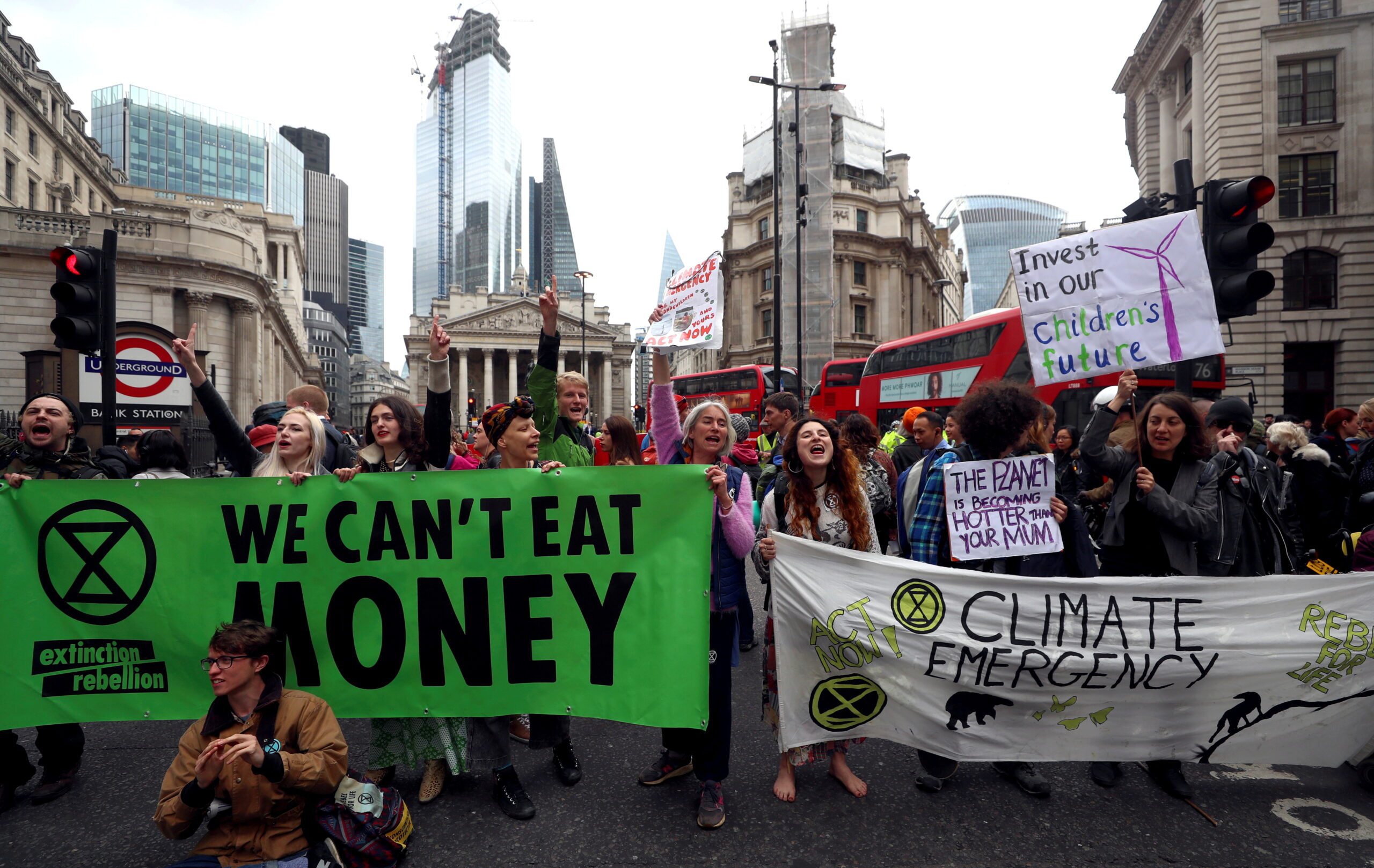
I just shared a speech by Christopher J. Waller, member of the Board of Governors of the Federal Reserve System, that started with this comment:
“Climate change is real, but I do not believe it poses a serious risk to the safety and soundness of large banks or the financial stability of the United States.”
It made me wonder how that line would sit fifty years from now, and a reply emerged:
Following the link, you find a whole load of doomsayers forecasting the end of the world from the 1960s onwards. It therefore makes it easy to dismiss that climate is a problem.
Such responses are common, and yet I’ve dealt with insurance firms for years, who are very clearly concerned about climate change. Bush fires, floods and other ‘natural’ disasters are becoming more and more common. Equally, the challenges of biodiversity are clearly a problem for our animals and wildlife.
What concerns me, personally, is not climate but biodiversity loss. What amazes me is how much biodiversity loss we have seen. 98% of all species that have ever lived are now extinct, according to some media reports, and the extinction of species is now happening between 100 and 1,000 times more quickly than scientists would expect.
What does this mean?
It means we need to rethink things. Equally, we need to consider the role of banks and finance in this process. I was particularly taken with this article in The Chartered Banker and their conclusion:
In order to create meaningful change across the sector, all banking individuals must upskill their understanding and knowledge of responsible and sustainable practices as outlined in the UN Principles for Responsible Banking and the UN Sustainable Development Goals (SDGs). The Principles for Responsible Banking Academy, launched in 2022, is a unique, online learning programme available to banks worldwide, and provides support for banks to align their strategies with these crucial frameworks, and teach employees from backroom to board level how to apply this lens to their day-to-day decision-making.
Are you familiar with The Principles for Responsible Banking?
Created by the United Nations in partnership with 30 founding banks, the Principles are designed to be integrated into banks’ strategies and across their portfolio of activities, bringing purpose, vision and ambition on sustainable finance to the core of the organisation.
The principles include aligning activities with the Paris Agreement and the UN’s Sustainable Development Goals; setting targets in terms of positive impacts and reducing negative impacts; providing responsible support to customers; consulting and cooperating with stakeholders; developing a responsible banking culture and governance; and making targeted and public commitments while being transparent about their achievement.
It’s a worthy cause and, regardless of the Federal Reserve’s view, climate change or, more importantly, the impact of climate and humanity on biodiversity is of great import. So much so that some banks publish annual reports on the subject.
Watch that space.
Chris M Skinner
Chris Skinner is best known as an independent commentator on the financial markets through his blog, TheFinanser.com, as author of the bestselling book Digital Bank, and Chair of the European networking forum the Financial Services Club. He has been voted one of the most influential people in banking by The Financial Brand (as well as one of the best blogs), a FinTech Titan (Next Bank), one of the Fintech Leaders you need to follow (City AM, Deluxe and Jax Finance), as well as one of the Top 40 most influential people in financial technology by the Wall Street Journal's Financial News. To learn more click here...

